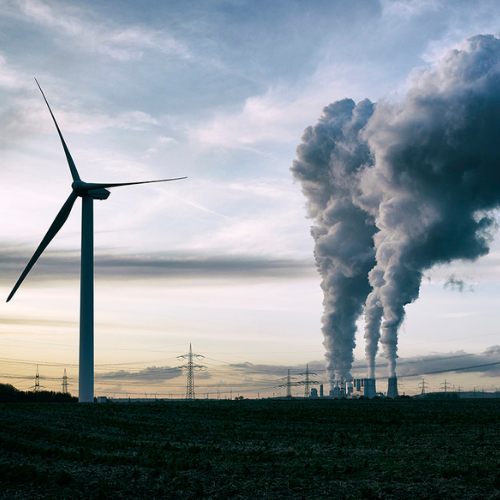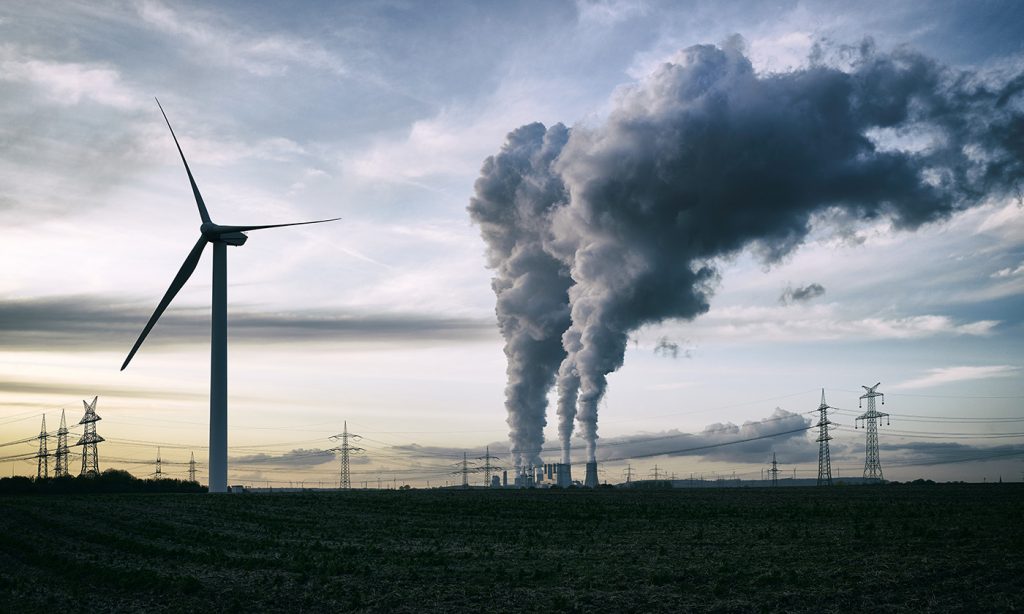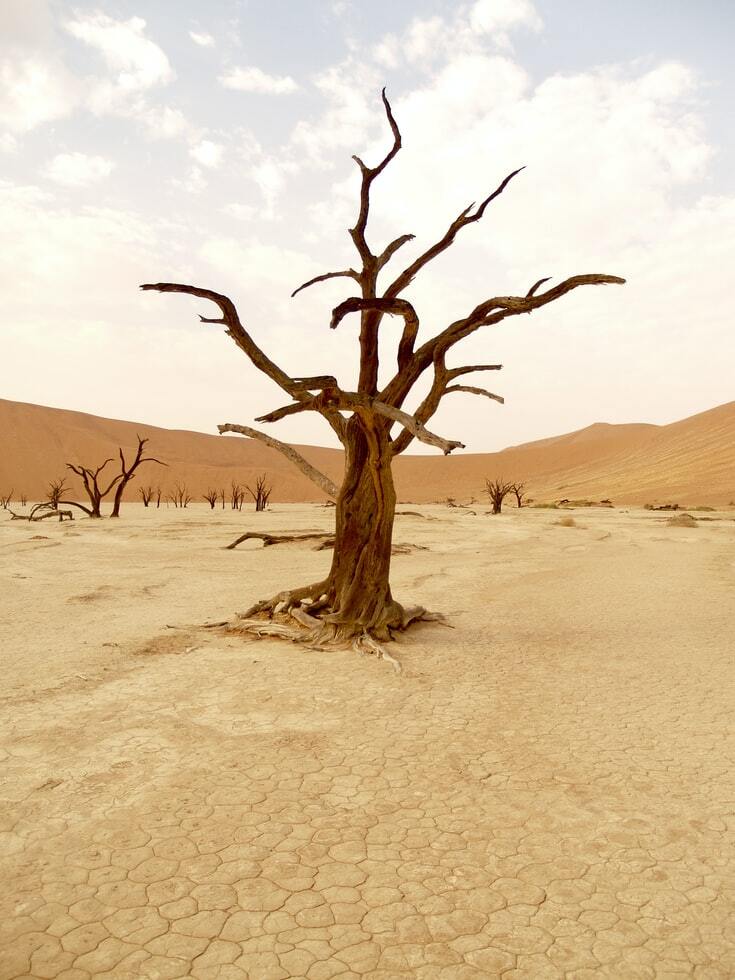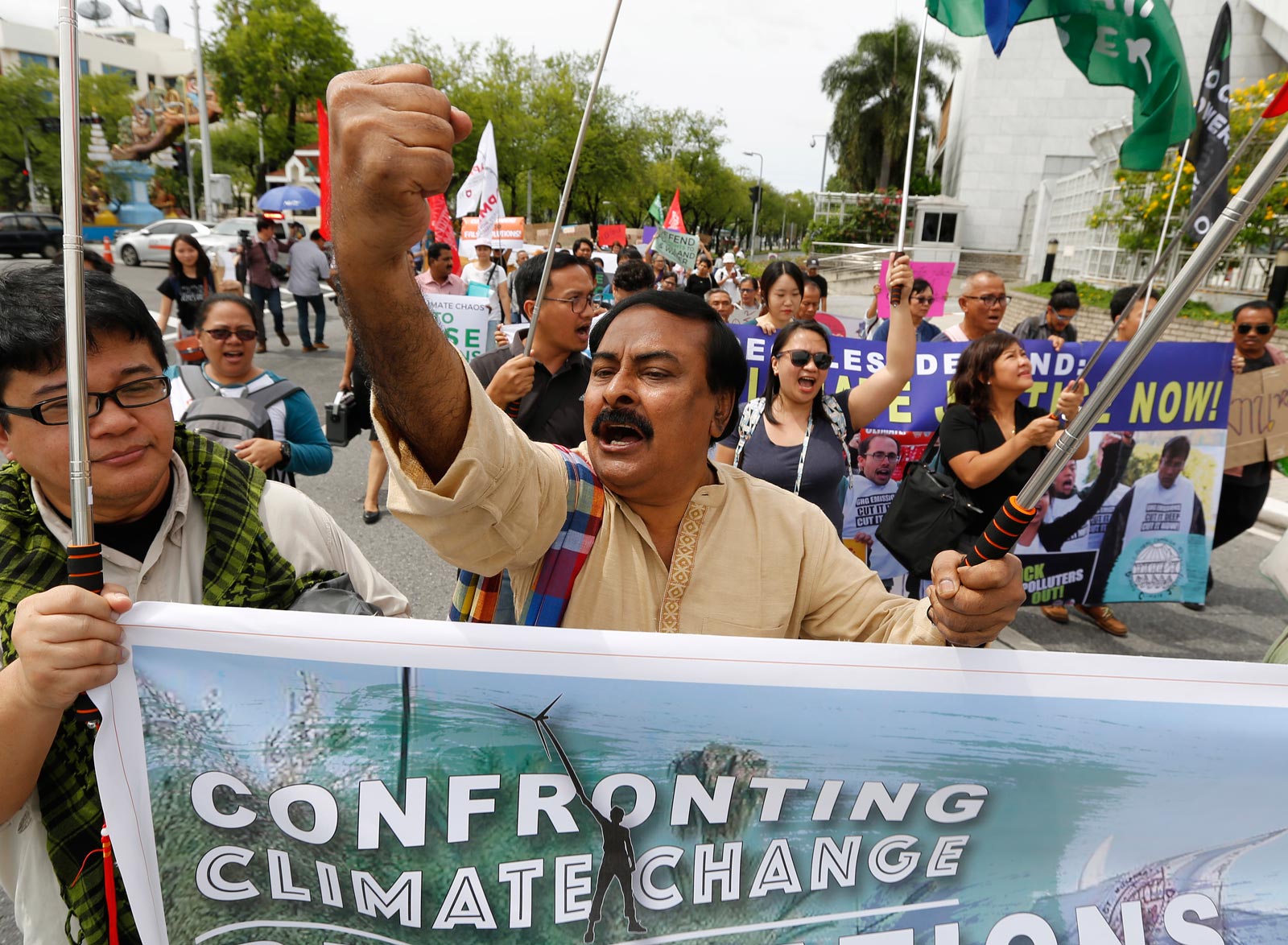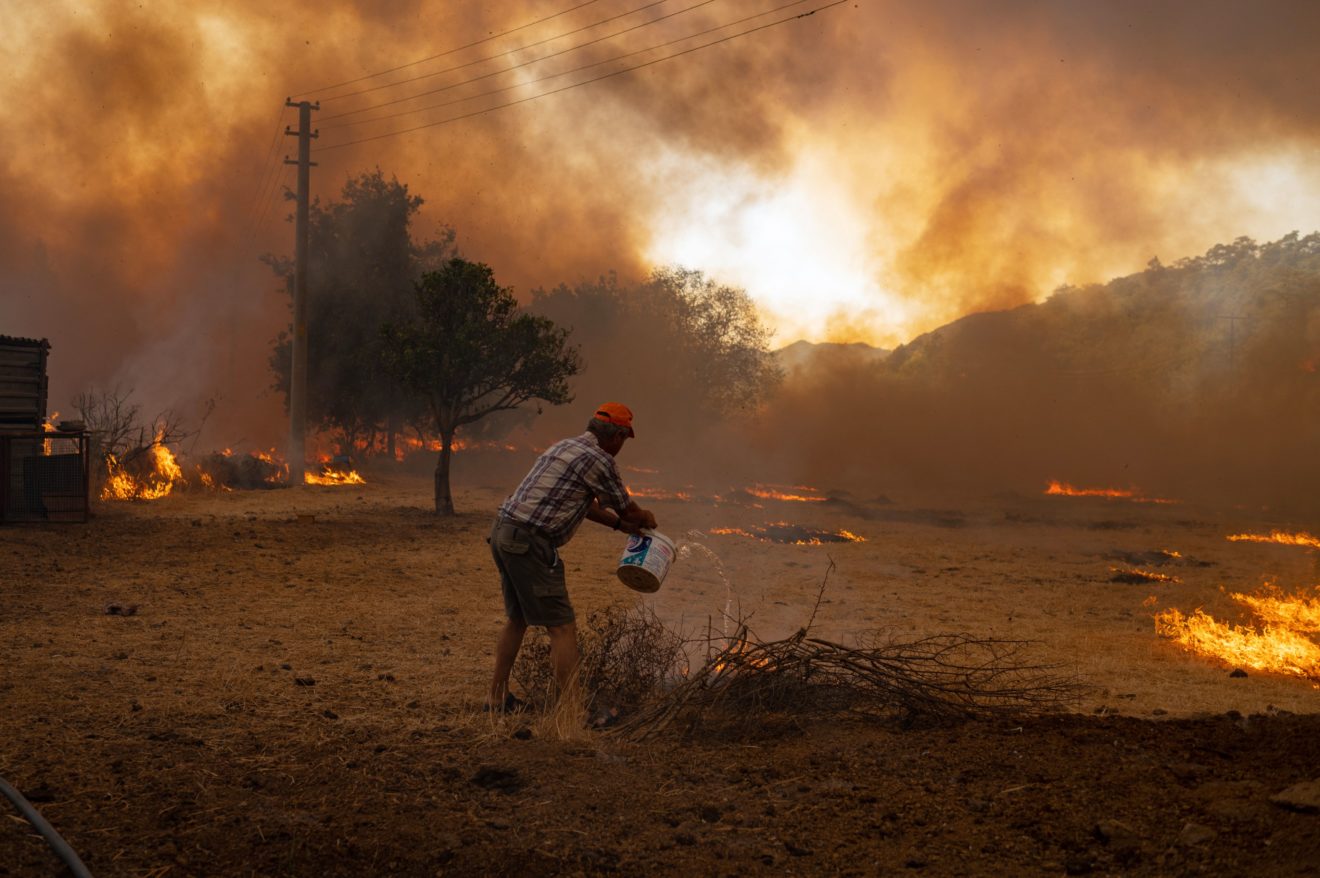Unfortunately, it is also these countries and their peoples who will be worse affected by climate change. Akinwumi Adesina, president of the African Development Bank, stated that Africa is haemorrhaging up to $15bn a year because of climate change already, and that this could rise to $50bn by 2040. He is quoted as saying: “Africa is not at net zero; Africa is at ground zero.” Clearly, the solutions presented by NZE2050 are not appropriate for many African nations.
The market-based approach of carbon offsetting is also blind to the needs of the global majority. Offsetting allows large companies in global minority countries to buy their way out of reducing emissions by investing in ‘climate-friendly' projects and schemes. Often these take place in the developing world, like planting trees in South Africa.
Plantations like these obviously present a host of land-rights and social justice issues. But it’s also the premise of the model: that resources in global majority countries can be used to maintain the levels of privilege enjoyed by global minority countries. The entire concept is built on inequity, and it speaks to the fundamental flaw of NZE2050: at best, it ignores the needs of the global majority, but at its worst, it is carbon colonialism, a subset of the broader eco-imperialism that rich countries exhibit.
For example, China is often painted as the world’s carbon enemy, as its largest CO2 emitter. Yet energy consumption (and therefore CO2 emission) is needed for economic development – and China has the world’s largest population, so it is natural to assume the country would produce the most CO2 in its efforts to lift 800 million people out of poverty. Is the expectation that global majority countries should forgo development efforts like this to keep emissions low? If so, this implies that blame for the climate crisis is homogenous across the world – but it most certainly is not, and attempts to assert the contrary instead to advance the eco-imperialism latent in NZE2050.
The global minority has released the vast majority of emissions as it progressed over the last 200 years and continues to emit many times more than the global majority. The US, for example, has emitted far more CO2 than any other country: a quarter of all emissions since 1751 have occurred there. Despite China’s huge rise in emissions over the past decade, emissions per person still sit at less than half those of the US. Meanwhile, the one billion people living in Sub-Saharan Africa each emit one-twentieth of the average person in the US.
By not clearly attributing responsibility of the climate crisis to the over-consumptive lifestyles in minority countries, political refuge is provided, and inaction is allowed, enabling the situation to worsen and impact the entire planet for the sake of pleasure for the minority.


